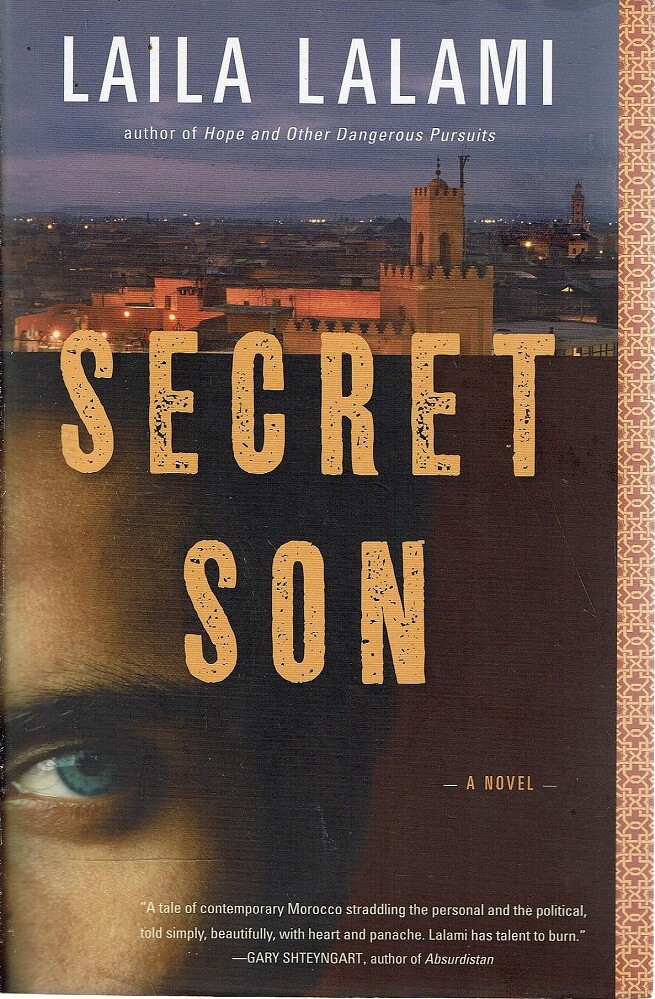

"It's too late for the rain to do most crops any good." Maybe this year there would not be as many of them. They came from the Gharb, from the Chaouïa, and even from as far south as Marrakech, here to Casablanca, where their teenage children crowded the markets and drove down wages for every kind of labor. He was thinking of the farm laborers who had been moving into the city, chased by the drought.

"The year might turn out to be good," Youssef said.

They stood together at the door of the bedroom, arms folded, watching the rain. His mother finished collecting the laundry-now everything was safe. There was just enough room there for the table as well. He lifted the divan on which they had been sitting and positioned it on its side, under the green awning that ran from the kitchen corner to the front door. His mother had already picked up the bowls and the loaf of bread, so he grabbed the radio and carried it to the water closet. He left the picture next to his bed and went back outside. His smile was timid, or perhaps reluctant Youssef had never been able to tell. His father gazed back at him-a young man in his twenties, in a dark suit and gray tie, with his hair combed back neatly, as if he were on his way to an important appointment. He took it inside, wiping the raindrops off the glass with the hem of his shirt.

Youssef's first thought was of the framed black-and-white picture of his father, which hung on the yard wall, above the divan. Youssef's mother looked up at the sky for a few surprised seconds, and then, as though a spark had ignited inside her, she jumped to her feet, grabbed the soup pot by its ears, and took it to the bedroom. They were having lunch when it began to drizzle, the thin raindrops making craters as they landed on the fava bean soup. The front door was painted blue, but over the years rust had eaten its edges, turning them reddish brown, so that holes had begun to appear at each of the four corners. It was in the yard that she cleaned the sheep hides she took in on the day of Eid, and there Youssef received the rare friends who came to visit. The yard, where his mother did the cooking and the washing, was open to the sky. The house had one room with no windows, and a roof made of corrugated tin held down by rocks. In those days, Youssef still lived with his mother in a whitewashed house that huddled with others like it along a narrow dirt road. T HE RAIN CAME UNEXPECTEDLY, after nearly three years of drought.


 0 kommentar(er)
0 kommentar(er)
